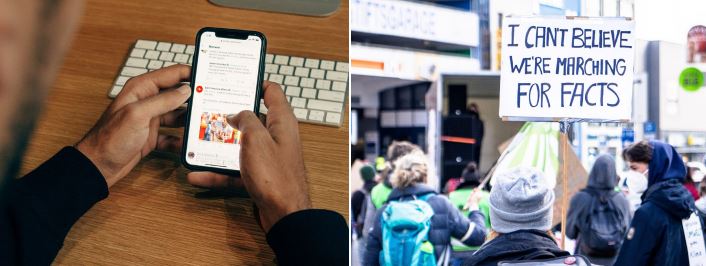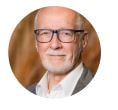It is important to note that not all information can be open. For perfectly justified and legitimate legal, ethical, and cultural reasons, some information must remain privileged for security reasons, or to protect people’s rights and privacy. Only at the extreme end of the open movement would you find advocates for freedom of all information. However, the open movement would contend that the default position for most information that is not privileged in this way should be for it to be open and freely available to everyone. In fact, most would go further and say that we must be careful to make sure that the reasons given for restricting access to information are credible and not being weaponized to protect vested interests or to serve some other agenda or purpose. This is a difficult area that also impinges on other rights and freedoms, including the right to protect one’s own intellectual or cultural property. Regardless of the benefits of ‘openness’, hostility to the open movement should not be underestimated. There are also many unresolved issues around cyber security, privacy, net safety, etc.
The open movement generally recognizes that simply making information available is not necessarily useful to most of us, and that without relevant context (metadata), and discovery tools, much of it will be meaningless. There is an important equity issue here. Not everyone is equally well resourced to find, understand, and use information. Making information open and available is the first step, but this is just equality of opportunity. If we really want equity of outcome (or going even further than that, what Amartya Sen calls ‘equality of autonomy’) then the information must be accompanied by tools and user interfaces that address the fundamental imbalances in society that cause information inequity. That’s easier said than done, and beyond the scope of a short article like this, but it is a key aspiration of most people active in the open movement. However, the open movement is generally made up of self-selecting individuals who have the time and resources to commit to what often amounts to unpaid work. Arguably, this means that most communities within the open movement are poorly representative of diversity in the population at large, making them ill-equipped to address these inequities.
Similar things are happening in science, and it’s interesting to compare the open movement with citizen science. Citizen science aims to democratize science by making the tools of science more widely available to people without formal scientific training or access to scientific equipment, but all too often this ends up being a thinly veiled attempt by scientists to outsource their data collection. There’s nothing wrong with that of course, and there are clear benefits for the people who choose to get involved, but as an attempt to empower people by putting scientific tools in their hands, it falls a bit short. This top-down approach contrasts with grassroots endeavors such as the maker movement, biohacking, etc., which are driven by users rather than experts, but again, these communities tend to be self-selecting and short on diversity.
More recently, new approaches have emerged that seek to address these inequities by more explicitly including the views of diverse, often marginalized communities. Different terminology has been used to describe these approaches in different contexts. These include ‘participatory design’, ‘co-design’, and ‘co-creation’. An example from citizen science is the Extreme Citizen Science (ExCiteS) project, based at UCL in London, which has the stated aim of being a “bottom-up practice that takes into account local needs, practices and culture and works with broad networks of people to design and build new devices and knowledge creation processes that can transform the world.” This approach seeks to be genuinely democratising, not by simply including citizens in data collection but by empowering them to achieve their own aims using the tools of science. Closer to home, the New Zealand Government’s Participatory Science Platform, has similar goals.
It seems that the open movement and citizen science are both moving in the right direction. As librarians and information professionals we are used to asking ourselves, and our customers, whether we’re doing everything we can to provide them with access to the information they need, and tools to navigate the information landscape in a way that’s meaningful to them. If we go beyond that, continually reflecting and consulting on whether the ways we go about doing that are genuinely inclusive and open to all, or whether they contain hidden barriers that perpetuate current imbalances in information equity, then perhaps we can do our bit to correct those imbalances and move towards a fairer and more equitable society.





 RSS Feed
RSS Feed